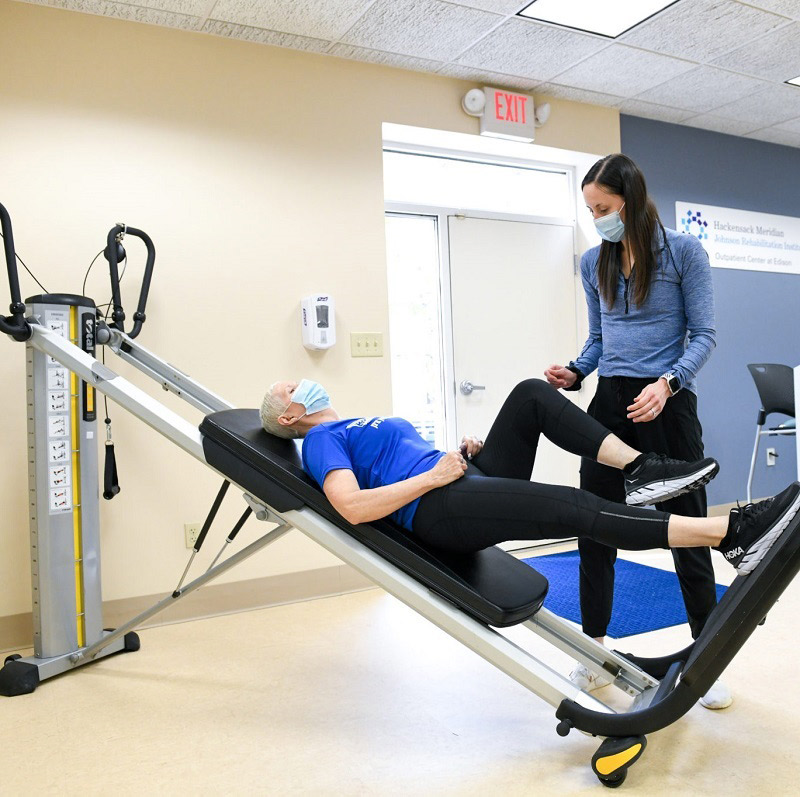Enabling Patients Via Psychological Assistance in Pulmonary Rehabilitation Initiatives.
Wiki Article
Cardio-pulmonary rehab initiatives are created to assist patients with heart and pulmonary issues enhance their health and quality of life. These programs commonly consist of physical activity, instruction about cardiac and lung well-being, and assistance for implementing lifestyle choices changes. However, one crucial element that is occasionally overlooked is the importance of psychosocial support. Psychosocial assistance refers to the psychological and community help that patients receive during their recovery process. This assistance can strengthen patients, enhance their self-esteem, and assist them navigate the challenges that arise with long-term medical conditions.

Patients in cardiopulmonary rehab frequently face various psychological and emotional challenges. Emotions of nervousness, depression, and isolation can be prevalent. These emotions may arise from the stress of dealing with a significant medical condition or the fear of future health issues. Psychosocial support can aid address these feelings by offering patients with a safe environment to talk about their concerns and bond with others who understand what they are experiencing through. Group therapy meetings and one-on-one counseling can be beneficial ways to facilitate this assistance. By interacting with professionals and others, individuals can learn adaptation techniques and find support from others who share similar challenges.
Incorporating emotional assistance into cardiopulmonary rehabilitation initiatives can lead to better health results for patients. Research indicate that when patients receive psychosocial assistance, they are more likely to stick to their recovery plans, follow to treatment, and make necessary lifestyle choices changes. This engagement can lead to enhanced physical well-being, reduced hospitalizations, and an entire navigate to this web-site improved quality of living. Support teams can foster inspiration and responsibility, helping individuals remain committed to their recovery objectives. This collaborative method highlights the significance of addressing both bodily and psychological well-being in the rehabilitation journey.
Educators and medical professionals play a crucial role in providing psychosocial support within these initiatives. They can assist individuals comprehend the significance click to read of mental well-being in their rehabilitation process. By establishing an environment of compassion and support, medical professionals can promote open dialogue about emotions and worries. Training personnel in interpersonal skills and emotional assistance strategies can enhance the overall individual journey. Moreover, incorporating instruction about anxiety management, calming methods, and positive adaptation approaches can enable individuals to assume an proactive role in their mental health.
In conclusion, strengthening patients through emotional assistance in cardiac and pulmonary rehab programs is essential for promoting comprehensive rehabilitation. By recognizing the emotional and social dimensions of healing, healthcare providers can create a more supportive atmosphere that meets the requirements of the whole person. Patients who receive this holistic care are more apt to achieve their well-being objectives and enhance their total standard of life. The integration of emotional support into rehabilitation programs not only improves the patient journey but also contributes to better long-term medical results.